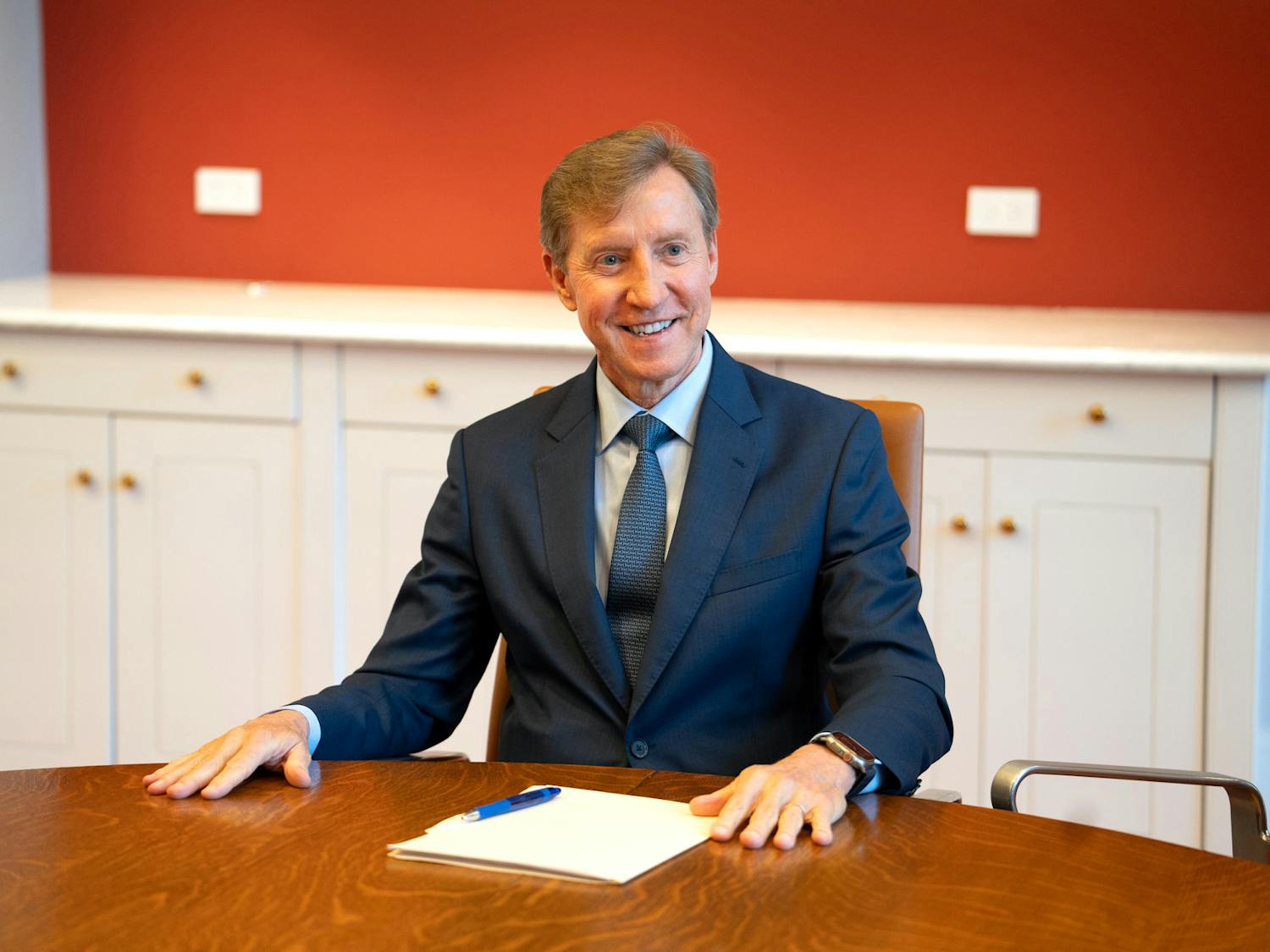From Ronald Kim's, "The Wretched of the Earth," Fall '99 From Ronald Kim's, "The Wretched of the Earth," Fall '99Like others in the supposedly civilized West, I was accustomed to contrasting Western ethnic and religious diversity with the often murderous intolerance of the rest of the world, in particular the Middle East. In From the Holy Mountain, British journalist William Dalrymple recounts his 1994 journey from Greece to Egypt, following in the footsteps of a sixth-century Byzantine monk. Along the way, Dalrymple writes of encounters with a bewildering number of different Christian groups and the diverse circumstances under which they live and interact with the region's Muslims and Jews. One quote in his book had me thinking about problems a bit closer to home. In Beirut, Lebanese historian Kemal Salibi spoke with Dalrymple about the role his fellow Maronite Christians played in that country's horrible 15-year civil war, concluding with a sad reflection on their continuing mass emigration to the West. When asked if this exodus matters, Salibi was emphatic: "It is very serious. Each time a Christian goes, no other Christian comes to fill his place, and that is a very bad thing?. It is the Christian Arabs who keep the Arab world 'Arab' rather than 'Muslim.' "It is the Christian Arabs who show that Arabs and Muslims are two different things, that not all Muslims are Arabs and not all Arabs are Muslims?. In that sense we are the Arab world's guarantee of secularism." That not all Muslims are Arabs should be obvious, even if decades of indiscriminately tossing around phrases like "Islamic bomb" and "Arab terrorist" have made us forget that the majority of the world's Muslims live east of Iran. But ignorance of the converse, that not all Arabs are Muslims, continues to be widespread, even among many academics. When I excitedly passed on word of Dalrymple's book to friends or classmates, most had no clue that there was such a thing as an Arab Christian, much less that the Middle East had been predominantly Christian for centuries. This confusion may not directly affect your daily life but the consequences for Professor Salibi's world are serious indeed. As he explained, many Arab nationalists and liberal reformists in the early and mid-20th century were Christians, partly because they came from the educated elite, but also because they saw secular, progressive thought as the only solution to emerging Muslim-Christian frictions, tensions that otherwise would eventually spell bad news for the minority, i.e., them. And therein lies the lesson for the rest of us. If we, as humanity, truly prize multiethnic, multiracial, multilingual cosmopolitan diversity, then we must never forget that it is the minorities -- always the smaller, more politically vulnerable and socially marginal groups -- who guarantee, even embody, that pluralism. Contrary to what we are taught, Europe was historically worse at fulfilling this ideal than the Middle East. Consider the fate of its two distinct religious minorities, the Jews and the Ottoman Muslims. As the Turks retreated through the 19th century, many of the area's Muslims fled and those who stayed to fend for themselves have faced often savage persecution in the 20th. And as we know, centuries of discrimination and on-and-off violence culminated in the mass genocide of Jews in the early 1940s. These minorities were the guarantors against the medieval crusader vision of a purely Christian Europe and they have been largely swept away or exterminated. The consequences are apparent in reports of rising intolerance and racial prejudice against immigrants in today's England, France, Germany or Spain. As some have cynically remarked about the rise of neo-fascism in Spain, what's the surprise? Remember what happened the last time Spain had large Muslim and Jewish minorities? To be sure, increasing immigration from the non-Western world has created a Europe whose cities are beginning to resemble the United States' in their diverse mix of cultures and some "old Europeans" have come to accept these "new Europeans" as equals. But not all -- proof of how difficult it is to recover from that tragic legacy. So, too, in the United States, it is the smaller groups -- whether ethnic, racial, religious or sexual -- who define this nation's monumental historic promise of "justice for all." The relatively few surviving Native Americans remind the overwhelming majority of us of our unrepayable debt to those whose land this once was. The cultures, experiences, and memories of Asians, Latinos and especially African Americans provide a necessary and vital counterweight to the "official" European version of American history. First Catholics, then Jews and Eastern Orthodox, and now Muslims, Hindus and Buddhists, along with gays, lesbians and bisexuals, limit the threat of Christian fundamentalism to America's secular ideals. All these groups are here to stay. This is not simply some glib phrase we can follow with "for better or worse" or "like it or not." Otherwise, as minorities in so many parts of the world have seen, there will remain a distorted view, a lingering mythology still taught to us in our schools today, that America is, deep down inside, in its true "heartland," an inherently white Christian society. That, despite all progress for the better in this century, everyone else is a bunch of cute misfit outsiders, usually -- but not always -- tolerated, frequently celebrated and tokenized, but never fully embraced. And that would be a tragedy for us all.
The Daily Pennsylvanian is an independent, student-run newspaper. Please consider making a donation to support the coverage that shapes the University. Your generosity ensures a future of strong journalism at Penn.
Donate







